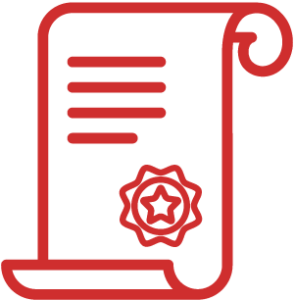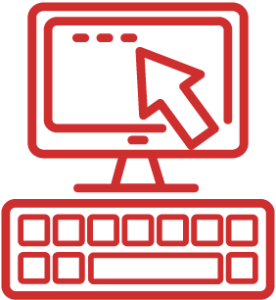WHAT WE OFFER
The University of Lausanne (UNIL) is offering an International Master in Vaccinology (IMVACC) developed by the Swiss Vaccine Research Institute (SVRI) and the Health Sciences e-Training Foundation (HSeT) in collaboration with the Lausanne University Hospital (CHUV).
WHAT YOU GET
IMVACC comprises one year of on-line teaching of vaccinology followed by a six months to one year master thesis on a vaccine-related activity (industry, basic or translational research, regulatory affairs, etc.). The thesis project can be carried out in the trainee’s institution or in a hosting laboratory. Graduates will gain a broad knowledge of how vaccines are designed, developed, manufactured and implemented through public health programs.
TO DEVELOP THE VACCINES
OF THE FUTURE
Scientists, physicians, and engineers with a broad knowledge in vaccines are needed to respond to the threats of emerging diseases and to continue the development of vaccines against tuberculosis, enteric infections, AIDS and malaria. Existing vaccines also need to be updated to take advantage of the progress in manufacturing and quality control technologies. IMVACC students will acquire a broad knowledge of how vaccines are designed, developed, manufactured and implemented through public health programs.
TO DEVELOP A NETWORK
OF VACCINOLOGISTS
To contribute more efficiently to the development of vaccines, IMVACC students will be provided with the opportunity to work on real-life questions and situations encountered in vaccine development and to develop their professional network. They will gain broad scientific, strategic and technical experience applicable to their work environment. Vaccine experts are also needed to help counter the rising skepticism of people regarding the safety and efficacy of vaccines. To foster interactions between the IMVACC trainees, an IMVACC online portal will be set up shortly to allow all the students, former and present, to view updates of the course and to share their experience.
FOR PROFESSIONNALS
IN MEDICAL SCIENCES
IMVACC has been designed for a broad population of medical science professionals who are actively engaged in a professional work environment and who want to broaden and deepen their knowledge of vaccines.
TUTOR-ASSISTED
ON-LINE TEACHING
The flexible on-line teaching approach accommodates the time constraints of the trainees and saves long-distance travel and housing expenses. It also allows the students to engage in individual and group activities with the support of tutors. These features set IMVACC apart from existing vaccinology courses.
TEAM
IMVACC core team
Prof. Fabio Candotti
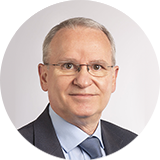
After training in Medicine, Pediatrics, and Pediatric Allergy and Immunology at the Italian Universities of Brescia and Pavia, Prof. Candotti was granted a NIH Postdoctoral Fellowship in the laboratory of Dr. Michael Blaese at NCI and NHGRI before joining the Department of Pediatrics of the University of Brescia as an Assistant Professor in 1996 and eventually accepting a position at NHGRI that led to tenure at that institution in 2004. Ten years later, Prof. Candotti moved back to Europe to join the Division of Immunology and Allergy of the university Hospital of Lausanne in Switzerland, where he is Associate Professor of Medicine and Director of the Vaccine and Immunotherapy Center.
Throughout his career, Prof. Candotti focused on the study of the molecular basis of disorders of the immune system and the development gene therapy strategies for this heterogeneous group of diseases. He contributed to the discovery of JAK3-deficiency and AK2-deficiency as causes of SCID and performed extensive pre-clinical studies in the murine model supporting the feasibility of gene therapy for X-linked SCID and the Wiskott-Aldrich syndrome. From 2001 until 2014, Prof. Candotti co-led a series of gene therapy clinical trials for ADA-deficient SCID patients that studied the efficacy of different retroviral gene transfer vectors in humans.
Prof. Candotti has authored more than 110 peer-reviewed publications and numerous reviews and book chapters in the fields of immunodeficiency and gene therapy and is currently a member of the Editorial Board of the Journal of Clinical Immunology.
Prof. Ivana Knezevic
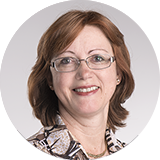
Professors, Teachers, Professionals experts
Dr Ivana Knezevic is Scientist in Technologies, Standards and Norms Team, and Group Lead of Norms and Standards for Biologicals in the Department of Essential Medicines and Health Products (EMP) in the World Health Organization (WHO), Switzerland.
Dr Ivana Knezevic has 22 years of professional experience in standardization, scientific and regulatory overview of biologicals. She joined WHO Biological Standardization Programme in September 2000. Since 2006, she has been leading the team for standardization of vaccines and some biological therapeutics in WHO Headquarters. Main aspects of the work include development and establishment of WHO International Standards as well as the assistance to regulators, manufacturers and other users of these standards.
In the area of biotherapeutics, she coordinated the development of WHO’s Guidelines on evaluation of Similar Biotherapeutic Products (SBPs), and organized a series of workshops to facilitate the implementation of guiding principles for evaluation of biotherapeutic products into regulatory and manufacturers’ practices.
PROF. JEAN-PIERRE KRAEHENBUHL
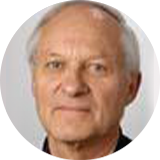
Jean-Pierre Kraehenbuhl, MD, is the Chief Executive Officer of the Health Sciences eTraining (HSeT) Foundation. He is emeritus Professor at the University of Lausanne and Consultant at the Division of Immunology & Allergy of the University Hospital (CHUV), Lausanne, Switzerland. His field of expertise is mucosal immunology and vaccinology. He is a member of EMBO and the scientific co-founder of Oravax, now Acambis Ltd.
Jean-Pierre Kraehenbuhl received an M.D. from the University of Lausanne, Switzerland in 1967 and a PhD in 1973. He completed a postdoctoral fellowship with George Palade at the Rockefeller University and subsequently became an assistant professor at Yale University School of Medicine. In 1975, he returned to the Institute of Biochemistry at the University of Lausanne, where he became a full professor in 1984. He joined the Swiss Institute of Cancer Research (ISREC) as a senior staff member, working on epithelial-cell membrane trafficking, mucosal immunity and mucosal vaccine design.
Health Sciences eTraining (HSeT) Foundation
Ch. des Boveresses 155
1066 Epalinges
CH – Switzerland
Phone +41 21 692 58 56
Fax +41 21 692 57 15
Prof. Yannick Muller
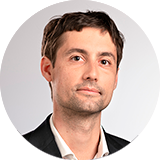
2007: Swiss Federal Medical Diploma, Faculty of Medicine, University of Geneva
2007-2011: MD-PhD, Potential of T regulatory cells to protect pancreatic islet grafts, University of Geneva
2011-2014: Residency in internal medicine, University Hospital of Geneva
2014-2016: Residency in immunology and allergy
2016-2017, Residency in transplantation, University Hospital of Lausanne
2017- 2020, Postdoctoral fellowship on cell therapies engineering, University California, San Francisco (UCSF)
2020-ongoing, Senior attending physician in immunology and allergy, University Hospital of Lausanne,
2021-ongoing, Assistant Professor, tenure track, Faculty of Biology and Medicine, University of Lausanne
Prof. Laurent Perez
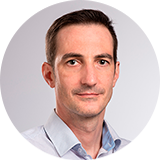
2003 PhD–Biochemistry at European Molecular Biology Laboratory. Heidelberg, Germany.
2004-2006 Post-Doc–Biophysics at European Molecular Biology Laboratory. Heidelberg. Germany.
2006-2010 Research scientist at Novartis Institutes for BioMedical Research. United Kingdom.
2011-2020 Principal investigator. Institutes for Research Biomedicine. Switzerland.
2020-to date Professor (associate), Faculty of Biology and Medicine, University of Lausanne. Switzerland
NEWS
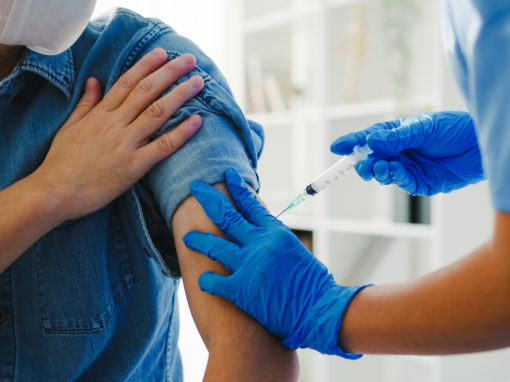
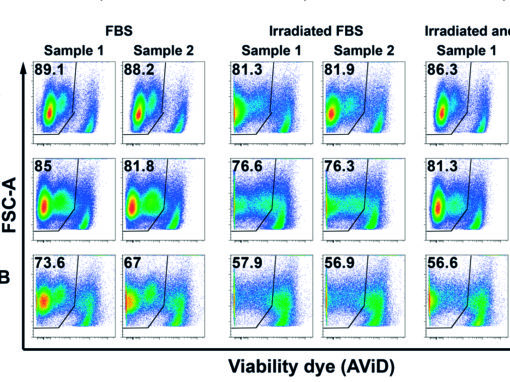
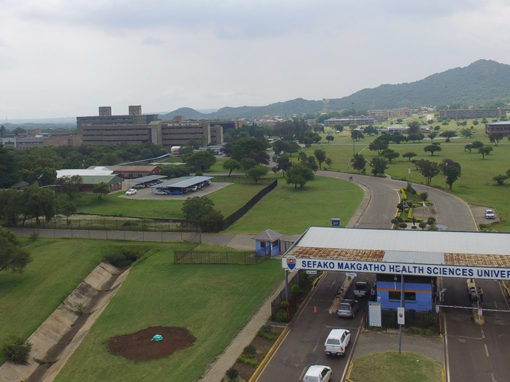
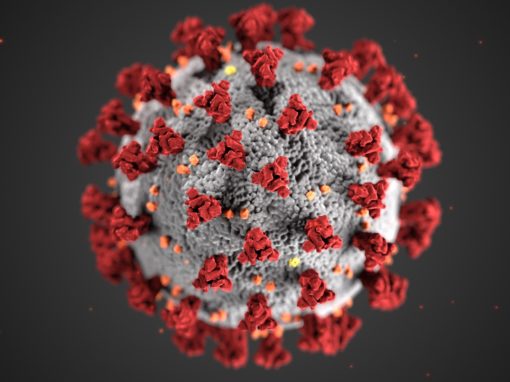
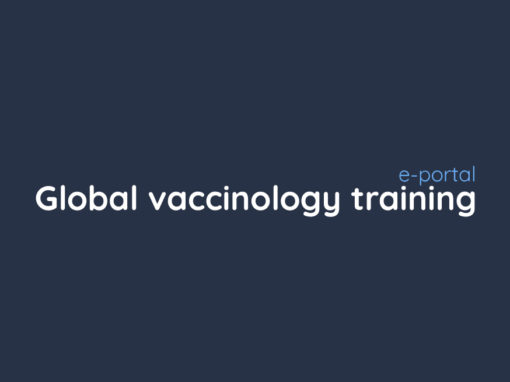
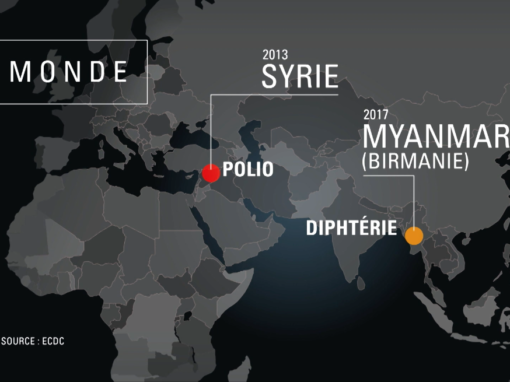

CONTACT
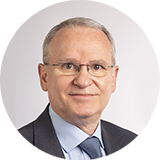
Fabio CANDOTTI
Steering & scientific committee
Division of Immunology and Allergy, Department of Medicine, CHUV Lausanne
Phone +41 21 314 1071 E-mail

Jean-Pierre KRAEHENBUHL
Steering & scientific committee
HSeT Foundation, 155 Ch. des Boveresses, 1066 Epalinges, Switzerland
Phone +41 21 692 5856 E-mail
IMVACC | Chemin des Boveresses 155 | 1066 Epalinges

